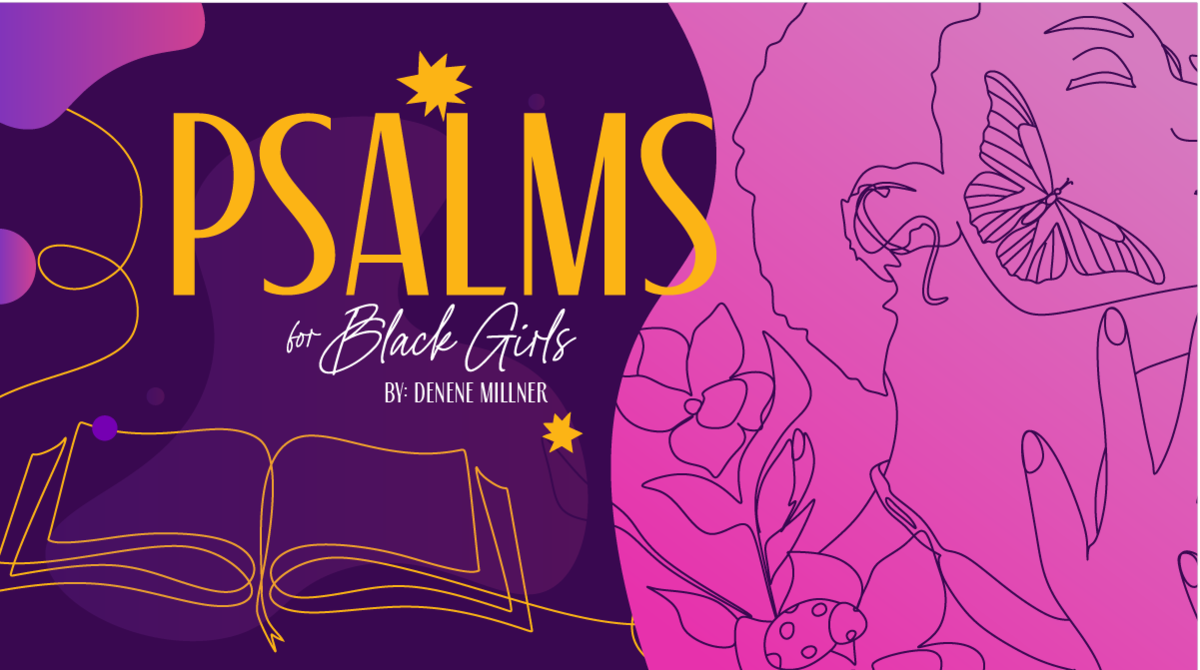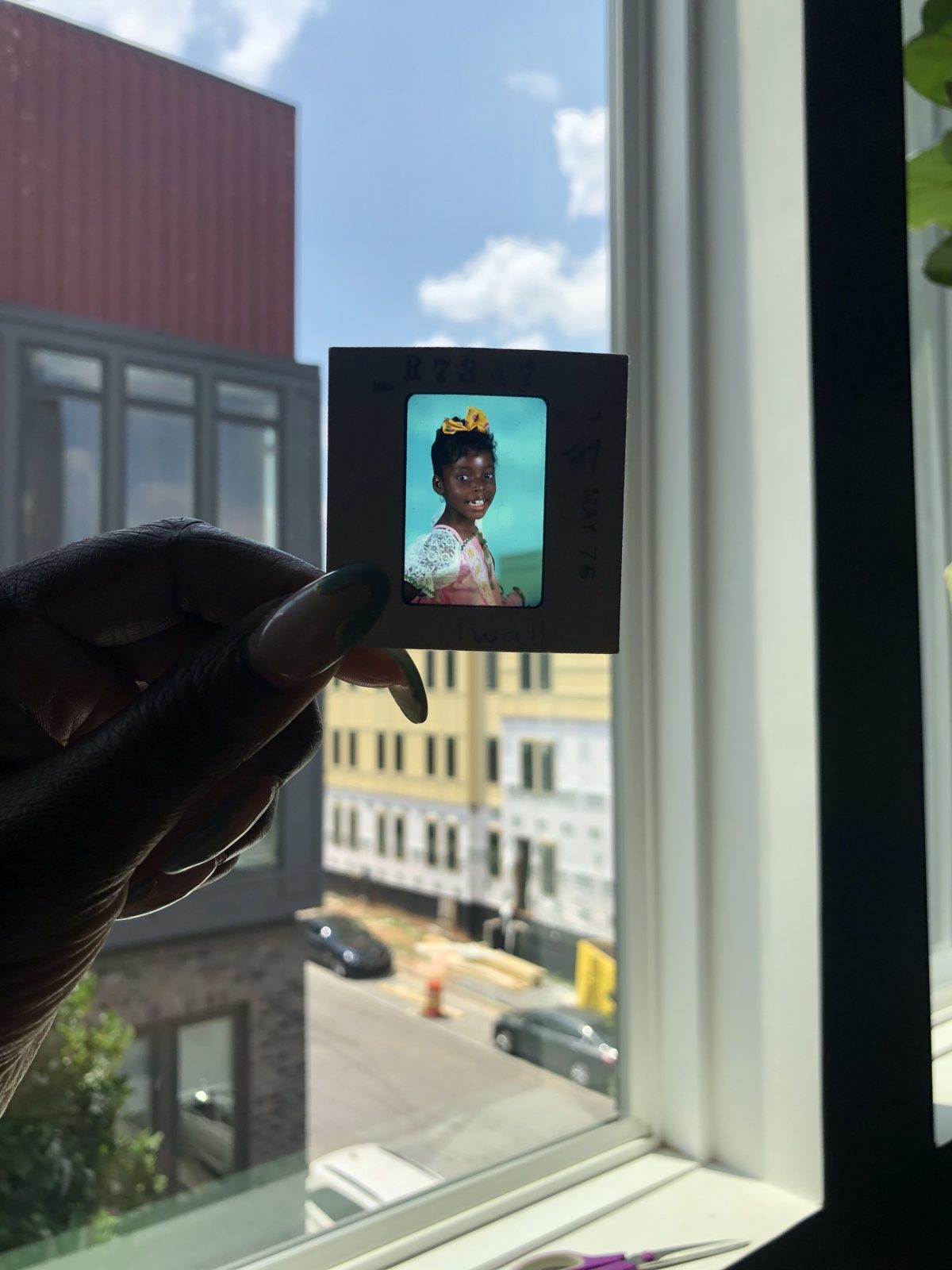
Source: iOne Creative / iOne
I was digging through an old jewelry box recently and found this gem—a color slide of me at about age eight or nine, in a ballerina outfit. I remember the moments when it was taken; it was picture day for my ballet class in Willingboro, NJ. I went to the studio thinking I looked so pretty in my tutu and hair ribbons. I left thinking something was wrong with me.
See, the photographer—an older white man—kept pulling on me and posing me aggressively, snatching on me and talking to me in a way that no one should to a child. I was the only Black girl in a sea of white ones; they were being treated with care—talked to kindly through syrupy grins, touched gently. I remember feeling scared. Sad. Ugly. Because that’s the way that man made me feel.
That was the beginning of me thinking I was too dark, too shiny, too big, too whatever and not enough. That was when I started paying attention to the way I, this skinny little chocolate drop with a bubble booty, was being received by strangers. That was when I learned to hate myself. And really, it was that simple, wasn’t it?
A meandering, mean look from a stranger, the absence of seeing humans that look like you in magazines and books and television shows, a slick comment from a peer or teacher or elder, like, “Stay out the sun, you Black enough as it is,” and “All that pool chlorine gonna make yo head nappier than it already is,” and, “You getting big, aintcha?”
Each of these things were a 2000-ton wrecking ball slamming against the self-esteem of all-too-many little Black girls. What we saw in the mirror, no matter how pretty, became grotesque under the harsh gaze of those who did us harm, whether on purpose or absentmindedly. I was thinking deeply about this when
news broke about some foul goings-on at Sesame Street Place, the famed amusement park that celebrates the iconic PBS show. In a video circulated on Instagram, two little Black girls standing on the sidelines of a character parade at the park saw their joy and excitement literally given the flat hand by the
Sesame Street character Rosita, who refused to engage with the girls but happily handed out hugs and high-fives to the white children standing all around them. Jodi Brown, mom of one of the girls and auntie to the other, circulated the video on IG and furiously called for accountability from Sesame Street Place, demanding the Rosita actor be fired. After a bunch of excuses and hemming and hawing from Sesame Street Place’s parent company, separate video confirmed the sleight and some 150 other Black families and families of color said they’ve had similar experiences at the amusement park. Now, prominent civil rights lawyers and protesters are calling for the character actor to be fired, as well as bias and sensitivity training for Sesame Street Place’s staff.
But what of the Black girls? What of all the other little Black babies who were taken to a joyful place where they arrived presumably happy, only to have their favorite characters from a show that celebrates diversity shun them because of their skin color? How, exactly, do you explain to a six-year-old how to process such things and, more importantly, not to internalize it?
The fact is that children can notice racial differences as early as six months old, and, more importantly, they can
internalize racial biases by ages two to four. And if Black parents and caretakers aren’t hyper aware of, say, the white photographer snatching on their baby girl, or they miss Rosita gesturing “nah” to their smiling six-year-old, or they don’t catch on that their Black son’s teacher is talking crazy to their child and disciplining him for acting like, well, an eight-year-old but letting young white Brad run amok, they could be inadvertently leading their Black child toward a pit of low self-esteem that can take literally a lifetime to climb out of.



0 Commentaires